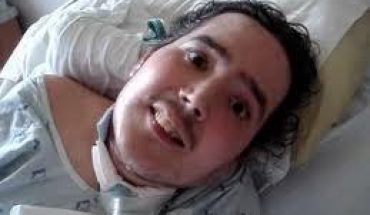Temporomandibular joint Symptoms
The Temporomandibular joint (TMJ) is the area directly in front of both ears, where the lower and upper jaw meet. This joint consists of muscles, blood vessels, nerves, and bones. The TMJ is used during the processes of biting, chewing, talking, and yawning. TMJ disorders may be caused by various factors such as arthritis, jaw injury, or muscle fatigue. TMJ disorders are usually first noted by a pain in the chewing muscles, the neck, ears, and shoulder, however the jaw still maintains its functionality.
TMJ disorders are primarily grouped into three categories with it being possible for someone to be afflicted with more than one of the conditions at a given time:
- Myofascial pain: This is characterized by pain in the muscle that controls the lower jaw functions, and may be extended to the neck, and shoulder muscles.
- Internal derangement of the joint: This occurs when the disc that provides cushion between the skull, and lower jaw becomes displaced.
- Inflammatory joint diseases: This form of TMJ disorder comes about due to conditions such as arthritis, or Synovitis (inflammatory condition of the synovial membrane which lines the joints). The condition affects the joints of the body including the TMJ.
Causes
Not all the causes of TMJ are known, but some of the symptoms are due to effects of physical stress on the joint. The structures which are affected are the cartilage disk at the joint, muscles of the jaw, face and neck, ligaments, blood vessels, nerves, and teeth. The most frequent causes of TMJ are due to biting, wear and tear on the teeth, aging and the grinding of the teeth.
Some factors have not been proven but are associated with TMJ and include improper posture, for instance holding the head forward while at a computer all day. This strains the face and neck muscles. Other factors which are considered are lack of sleep, stress, and improper diet.
TMJ Symptoms
- TMJ can cause a ringing sound in the ears, and even lead to hearing loss and is at times misdiagnosed for a hearing problem.
- When the joint is moved one might hear sounds which is a sign of the disc being in an unusual position. The sounds one might hear is a clicking, grating, or the most common, a popping sound.
- Another TMJ symptom is the swelling of the face on the affected side.
- The jaw may be unable to open fully, or become locked in position, this occurs when the jaw is dislocated.
- Awaking frequently with headaches, and having tension headaches on a regular basis.
- Muscle spasms are another TMJ symptom, and these spasms may cause difficulty in swallowing.
- TMJ may result in nausea or vomiting
Sporadic pain in the jaw joint may be experienced for several other reasons and may be temporary; however, if the pain is constant seek medical attention. If the jaw become locked or dislocated visit the emergency room immediately.





